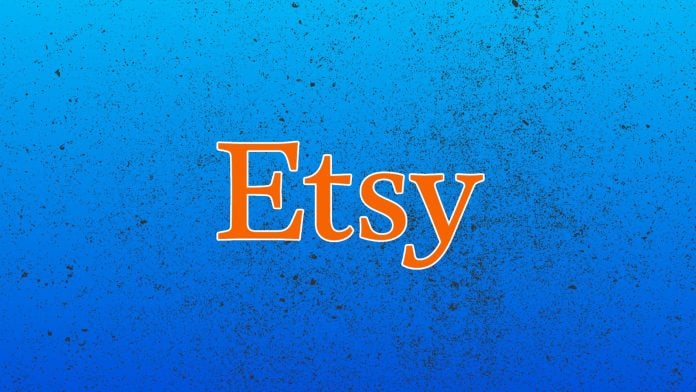Etsy, the popular e-commerce platform known for its unique handmade and vintage items, has announced a significant move that could resonate with small business owners: it will be transferring the listing of its common stock from the Nasdaq to the New York Stock Exchange (NYSE). This strategic decision is geared towards increasing visibility and attracting more investors, presenting potential benefits not only for Etsy but for its vast community of artisans and small businesses.
The transfer to the NYSE, set to take place in early 2025, aims to reposition Etsy within an investment landscape that is traditionally perceived as more prestigious. By aligning itself with the NYSE, Etsy intends to enhance its market presence and visibility among institutional investors who may be more familiar with this exchange. This move could signal confidence to small business owners who use Etsy as a sales platform, reinforcing the company’s stability and growth potential.
"For Etsy, this is a pivotal step in our ongoing efforts to enhance shareholder value," said Josh Silverman, Etsy’s CEO. "We believe moving to the NYSE will provide us with a broader investor base and increase our visibility in the capital markets." This assertion highlights Etsy’s commitment to growth, which could positively influence the merchants who rely on its platform, signaling a healthy ecosystem conducive to creativity and entrepreneurship.
Small business owners using Etsy can discern several key benefits from this transition. Firstly, increased investor confidence may lead to more resources for Etsy to invest in technology and marketing. Improved technology could enhance the user experience for both sellers and buyers. Additionally, with a larger marketing budget, Etsy can attract more shoppers to the platform, boosting sales opportunities for all its sellers.
The NYSE transition also serves as a reminder of the evolving nature of online marketplaces. Small business owners may find it beneficial to stay informed about such corporate decisions, understanding that a stable and growing platform may be better positioned to provide them with tools, resources, and support that can enhance their business operations.
However, small business owners should also consider potential challenges. Market perceptions can shift dramatically, and an increase in investor scrutiny might pressure Etsy to deliver quarterly results that prioritize short-term profits over long-term investments. Etsy’s sellers, primarily small business owners, should remain mindful of how such pressures could impact policies that favor the community of artisans over profit maximization.
Additionally, there may be changes to Etsy’s priorities in terms of product listings and fees, which could affect the seller experience. As Etsy aims to attract more mainstream consumers and investors, how it balances this with its commitment to small, independent sellers will be crucial. Small business owners should prepare by ensuring they adapt their strategies and product lines to align with any shifts in Etsy’s marketplace focus.
The transition also signals an opportune moment for small business owners to analyze their own operations critically. As Etsy aims for greater market presence, sellers may want to consider how they can differentiate themselves within the marketplace. Enhanced product photography, unique product offerings, and strong brand narratives could become more important as competition intensifies.
With the anticipated move to the NYSE, Etsy not only enhances its corporate stature but also presents an environment ripe with potential for its small business community. This shift encourages small business owners to remain agile and proactive, ensuring they can take full advantage of any arising opportunities while navigating the challenges inherent in an evolving marketplace.
For more insights into Etsy’s transition and its implications for small business owners, you can visit the original announcement at Etsy Investor Relations.
Image Via BizSugar



